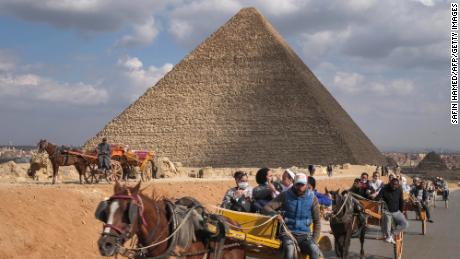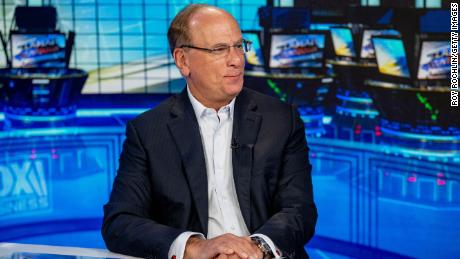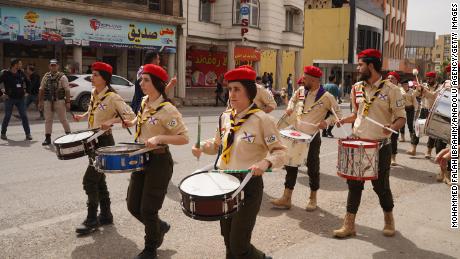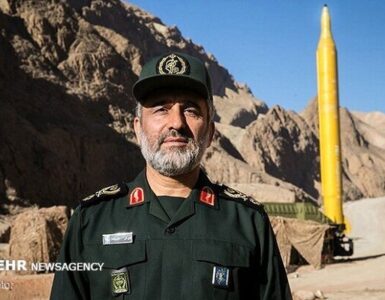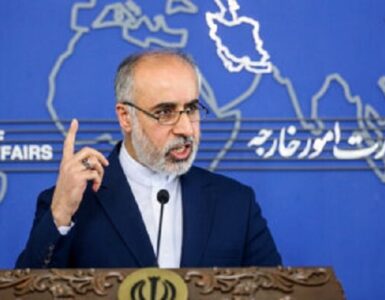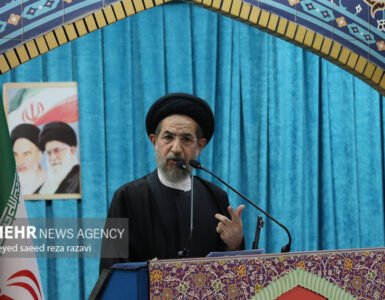Additional reporting from Abbas Al Lawati
Other top Middle East news
- Background: Hamza was accused last April of attempting to destabilize the monarchy in a foreign-inspired plot. He was placed under house arrest after making accusations about corruption and authoritarian rule but was spared punishment after he pledged allegiance to his half-brother King Abdullah.
- Why it matters: Hamza has been predominantly silent since last year’s feud, which shook Jordan’s image as a stable state in the region. Hamza’s statement on Sunday came at the beginning of the Muslim fasting month of Ramadan and was filled with religious language that appeals to Jordan’s conservative bloc.
- Background: Yemen has for the past seven years been torn by conflict between a Saudi-led coalition and the Iran-backed Houthis. The war has pushed millions into hunger and turned the country into one of the world’s worst humanitarian crises. The US and the UN have since last year been trying to organize a permanent truce that can revive the country’s economy.
- Why it matters: The truce will allow fuel imports into Houthi-held areas, as well as some flights from Sanaa airport. It is seen as the most significant step yet toward ending the conflict, especially after a worsening food shortage following the Ukraine war further exacerbated the country’s crisis.
- Background: The US State Department said Thursday that a small number of outstanding issues remain in the nuclear talks, adding that the onus was on Tehran to make those decisions. Iran has said that there are still outstanding issues, including Washington removing a foreign terrorist organization designation against Iran’s Islamic Revolutionary Guard Corps.
- Why it matters: Both Iran and the US have indicated that they may lose patience if talks don’t proceed. A return to the deal could release over a million barrels of Iranian oil into the market per day, potentially giving ease to an oil price rally that has caused inflation globally.

